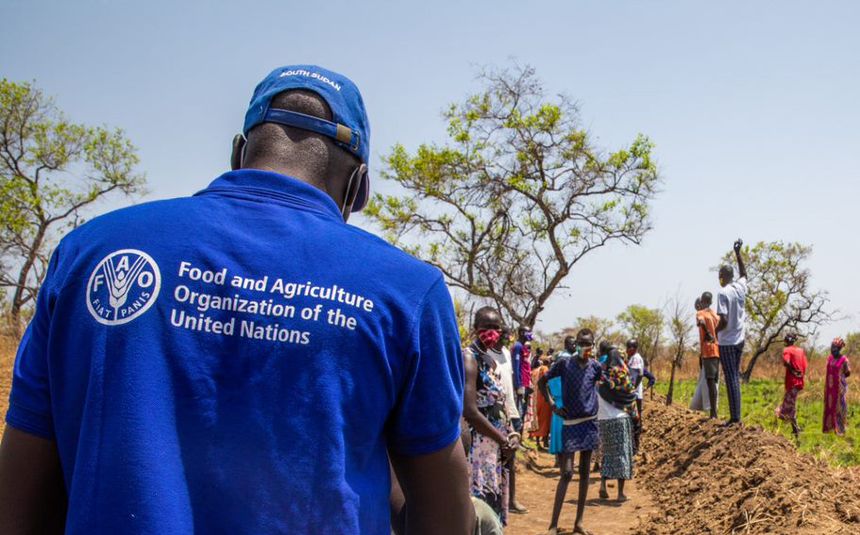
The Food and Agriculture Organization of the United Nations (FAO) has urged African countries to prioritize youth when implementing land governance, environmental conservation, and climate change agendas. According to FAO, they are “pillars and decisive cards” for sustainable agriculture, land stewardship, and pastoral systems on the continent.
The call to action was made during the official opening of the 2nd Post-COP workshop on customary tenure rights and agroecology, held from October 2–3 at Safari Park Hotel in Nairobi. It was convened by the Youth and Land Multi-Stakeholder Platform in Africa (YLMPA) in collaboration with FAO Kenya, RECONCILE, ILC Africa, and YILAA.
The workshop aims to produce a strategic roadmap and position paper underscoring youth land rights as essential for combating land degradation, strengthening resilience, and advancing climate-friendly food systems.
True to that, 75% of Africa’s population is under 35 years old, making it the world’s youngest region. Despite over half of the continent’s youth being engaged in agriculture, many remain locked out of secure access to land, which is a major barrier to their participation.
FAO Kenya’s team leader, Husna Mbarak, emphasized that the biggest challenge for young people is the lack of land ownership. She stressed that solutions should be based on communities’ lived experiences, and implementation of international agreements to safeguard land, environment, and ecosystems for future generations.
The workshop builds on outcomes from the 2024 COP sessions and looks ahead to COP30 in Brazil. It is expected to deliver two flagship outcomes: a youth advocacy position paper for global forums and a roadmap to catalyze collective action toward COP30 and the International Year of Rangelands and Pastoralists (IYRP 2026).
The event highlighted the gap between international climate commitments and the lived realities of young people struggling with land insecurity. It asserts that land rights, youth empowerment, and investment are foundational to every sustainable solution.


Add a Comment